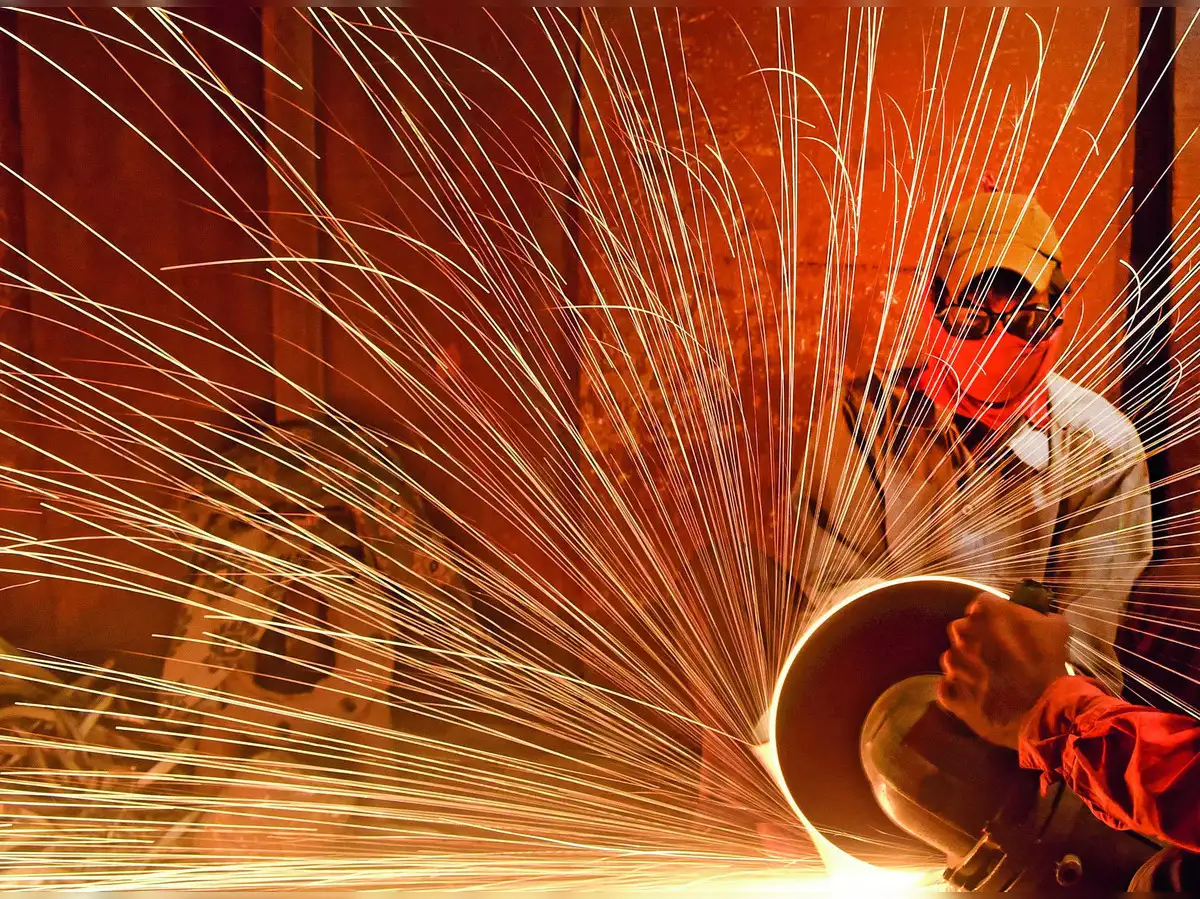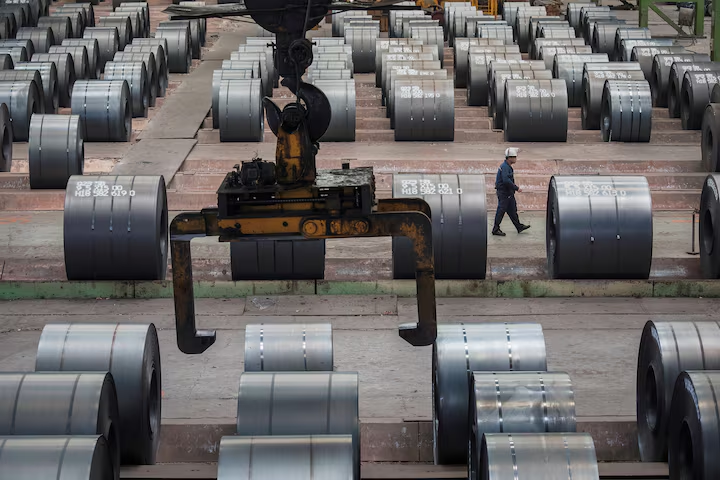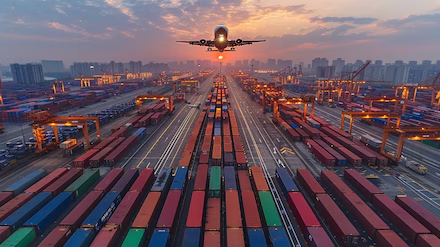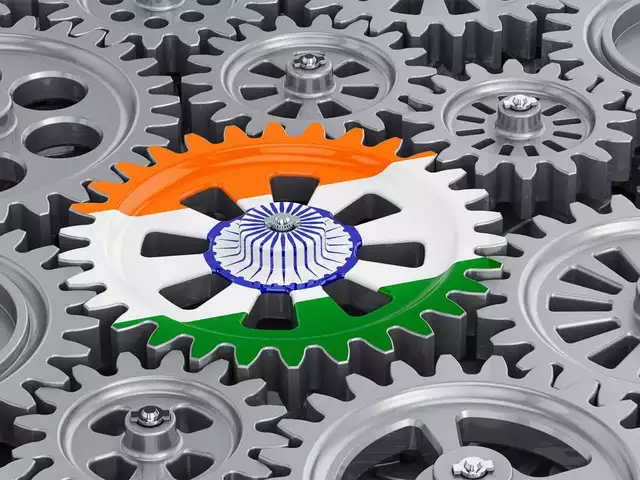The hot-rolled coil prices dipped to their lowest in the last four years to ₹47,100 per ton this month. Indian steel makers have dropped steel prices to protect their market share against rising imports. The hot-rolled coil prices dipped to their lowest in the last four years to ₹47,100 per ton this month after falling 5% compared to August. The landed cost of imports from China is hovering at ₹46,874 per ton, while that of South Korea is ₹46,838. Thus, the price difference between domestic and imported steel prices has fallen to ₹226 per ton from China and ₹262 per ton from South Korea. Depending on demand, domestic steel companies charge a premium of ₹1,000-2,000 per ton for quick delivery of stock, compared to 45 days for imports to arrive from China. The brownfield capacity expansion of large steel companies such as JSW Steel, Tata Steel and JSPL has gone on stream when the demand has slowed down, leading to a surplus in supply. Moreover, the mining major NMDC, which entered the steel business recently, has started tapping the market aggressively, adding to the supply-demand imbalance. The supply surplus, combined with large-scale imports, has exerted substantial downward pressure on steel prices in India, creating a challenging landscape for the industry, said a steel company executive.
Priyankar Biswas, Research Analyst, BNP Paribas India, said with this sharp decline and rise in prices of HRC imports from China, Indian HRC prices are no longer at a premium to Chinese imports. Prices of rebar (used in construction) fell by ₹600 per ton and are now at a ₹3,000 per ton premium to HRC. The rise in the premium of rebar over HRC is likely due to supply disruption at Rashtriya Ispat Nigam as two of its three blast furnaces have closed and production is slowing down at the third furnace due to a shortage of funds and raw materials (particularly coking coal), said Biswas. Jathin Kaithavalappil, AVP Institutional Research, Choice Broking, said given the twin challenges of weak demand and low prices so far, the outlook for the domestic steel sector in Q2 is expected to be tough, even while the country continues to remain a net importer of steel. Though there is uncertainty about the timing of the turnaround, he added there is a possibility of recovery in the latter half of the year, when infrastructure projects kick-start and global demand stabilizes.





